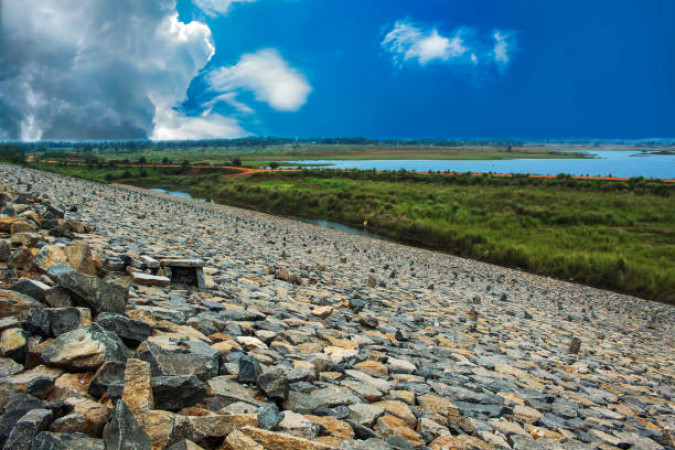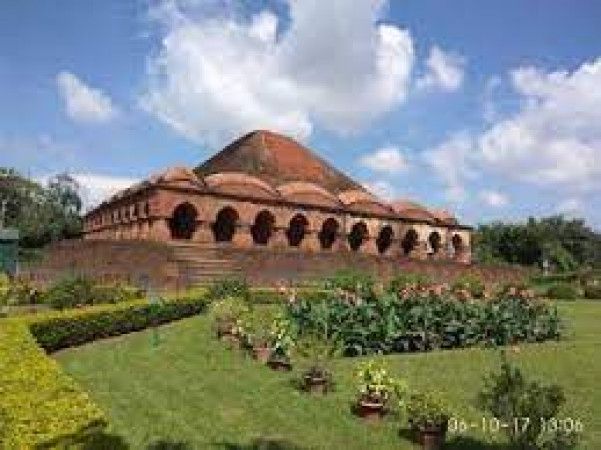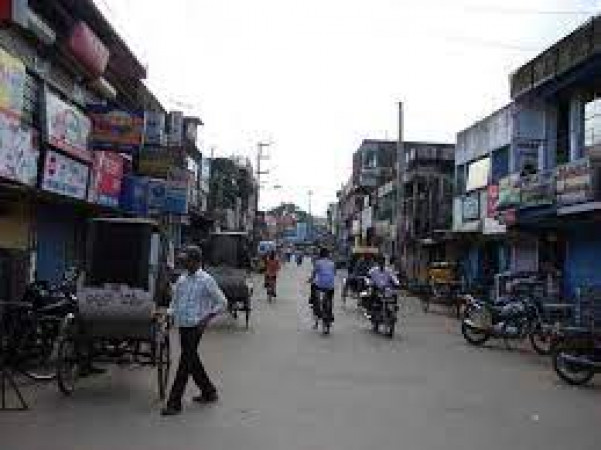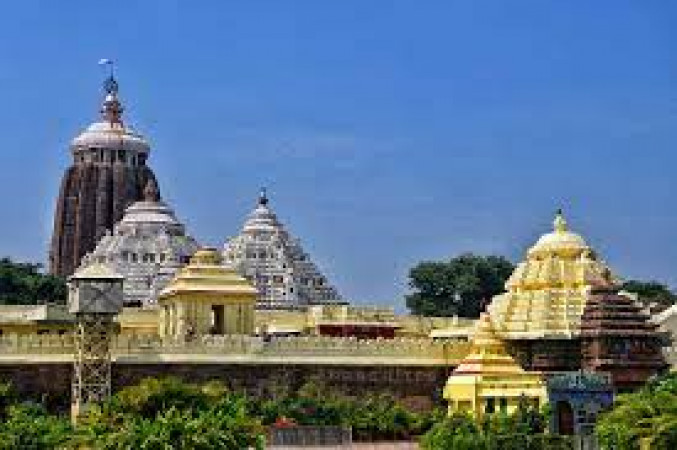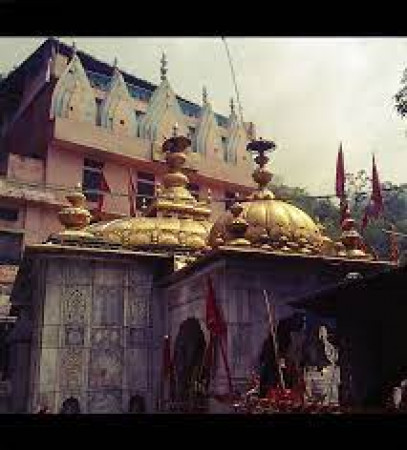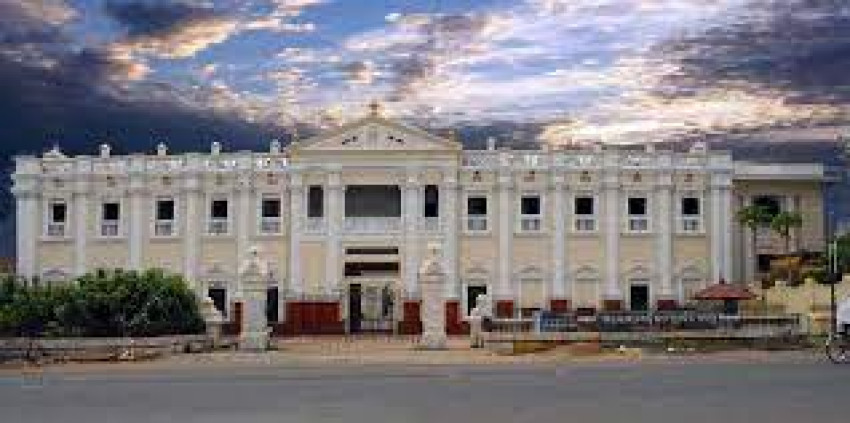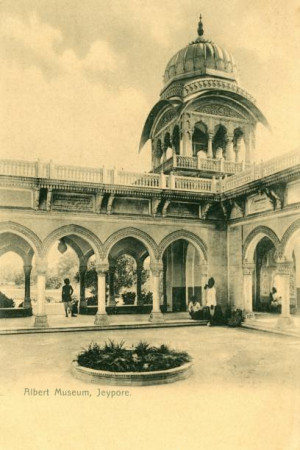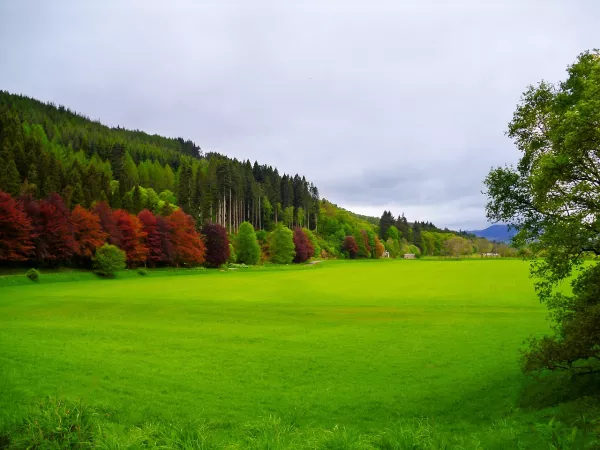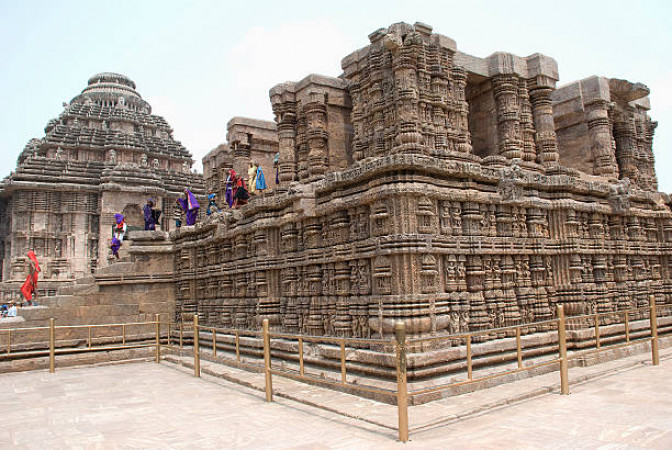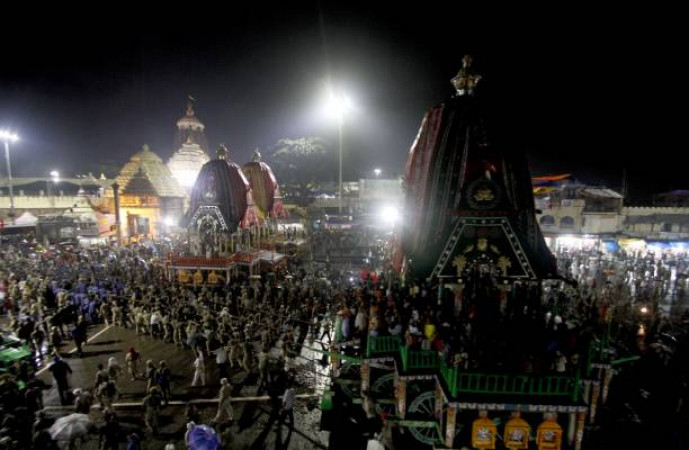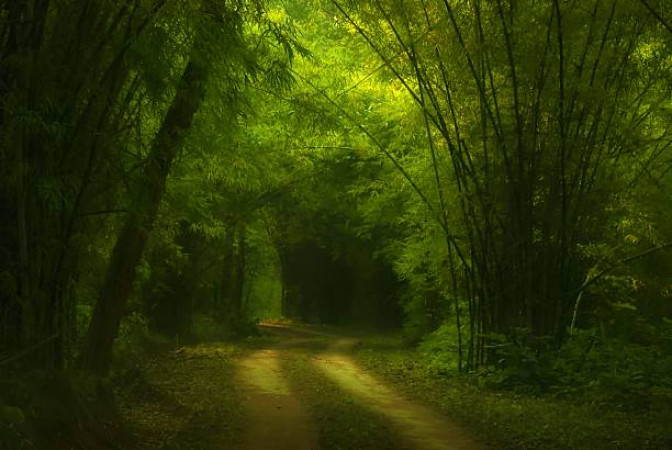Baripada Travel Guide
Baripada, located in the eastern Indian state of Odisha, is a charming destination known for its rich historical heritage, diverse geography, and vibrant cultural significance. The city is famous for its annual Rath Yatra festival, attracting pilgrims and tourists from all over the world.Top Attractions in Baripada
1. Simlipal National Park 2. Jagannath Temple 3. Khiching Temple 4. Devkund Waterfall 5. Barehipani and Joranda WaterfallsBaripada is Famous for
Its annual Rath Yatra festival.Top Attractions in Baripada
- Simlipal National Park - Jagannath Temple - Khiching Temple - Devkund Waterfall - Barehipani and Joranda WaterfallsWhat's Great about Travelling to Baripada?
- Rich historical heritage - Diverse geography - Vibrant cultural significanceWhat's Not So Great about Travelling Baripada?
- Limited infrastructure - Language barriers for non-localsTravel Tips for Baripada
- Check visa requirements before travel - Use local transportation options - Stay cautious of wildlife in national parksImportant Baripada trip information
- Ideal Duration: 3-4 days
- Best Time to Visit: October to February
- Nearby Airports and Railway Stations: Bhubaneswar Airport, Balasore Railway Station
Top 5 Places to visit in Baripada
FAQ's on Baripada
Q1: What is the best time to visit Baripada?
The best time to visit Baripada is during the winter months from November to February when the weather is pleasant and perfect for exploring the city. This is also the time when the famous Baripada Rath Yatra takes place, attracting a large number of tourists. It is advisable to avoid the monsoon season from June to September due to heavy rainfall.
Q2: Do I need a visa to travel to Baripada?
Most tourists visiting Baripada will need a visa to enter the country. However, there are exceptions for certain nationalities, so it is recommended to check with the local embassy or consulate for specific visa requirements. It is important to have a valid passport with at least six months validity.
Q3: What are the must-visit attractions in Baripada?
Baripada is known for its rich cultural heritage and natural beauty. Some of the must-visit attractions include the Similipal National Park, Jagannath Temple, Khiching Temple, and the Mayurbhanj Palace. The town also hosts the famous Rath Yatra festival, which is a grand celebration not to be missed.
Q4: Is Baripada a safe place to travel?
Baripada is generally a safe place to travel, but like any other destination, it is important to take basic precautions. Avoid isolated areas at night, be cautious of your belongings, and follow local advice. It is recommended to stay informed about the current situation and adhere to any travel advisories.
Q5: What is the local currency in Baripada and can I use credit cards?
The local currency in Baripada is the Indian Rupee (INR). While credit cards are accepted in some hotels, restaurants, and larger stores, it is advisable to carry cash for smaller purchases and in local markets. ATMs are also available in the city for easy access to cash.
Q6: What is the local cuisine like in Baripada?
Baripada offers a variety of local delicacies, including traditional Odia cuisine. Must-try dishes include Dalma (lentil stew), Machha Besara (fish curry), and Chhena Poda (a sweet dish). Vegetarian options like Pakhala (fermented rice) are also popular. Be sure to indulge in the local street food for a true taste of Baripada.
Q7: What transportation options are available in Baripada?
Baripada is well-connected by road and rail. Public buses, auto-rickshaws, and cycle rickshaws are common modes of transportation within the city. Taxis can also be hired for more convenience. For longer distances, there are train services available from the Baripada railway station.
Q8: Are there any cultural norms or etiquette I should be aware of when visiting Baripada?
When visiting Baripada, it is important to respect the local customs and traditions. Dress modestly, especially when visiting religious sites. It is customary to remove shoes before entering temples. Greeting people with a "Namaskar" (folding hands) is considered polite. Avoid public displays of affection and be mindful of local sensitivities.
Q9: I am a travel agent. How can I buy travel leads of Baripada?
Register yourself as a travel agent at agents.tripclap.com and then you can buy travel leads to Baripada once your account is approved. For more details contact our support team at +91-8069186564 or support@tripclap.com
